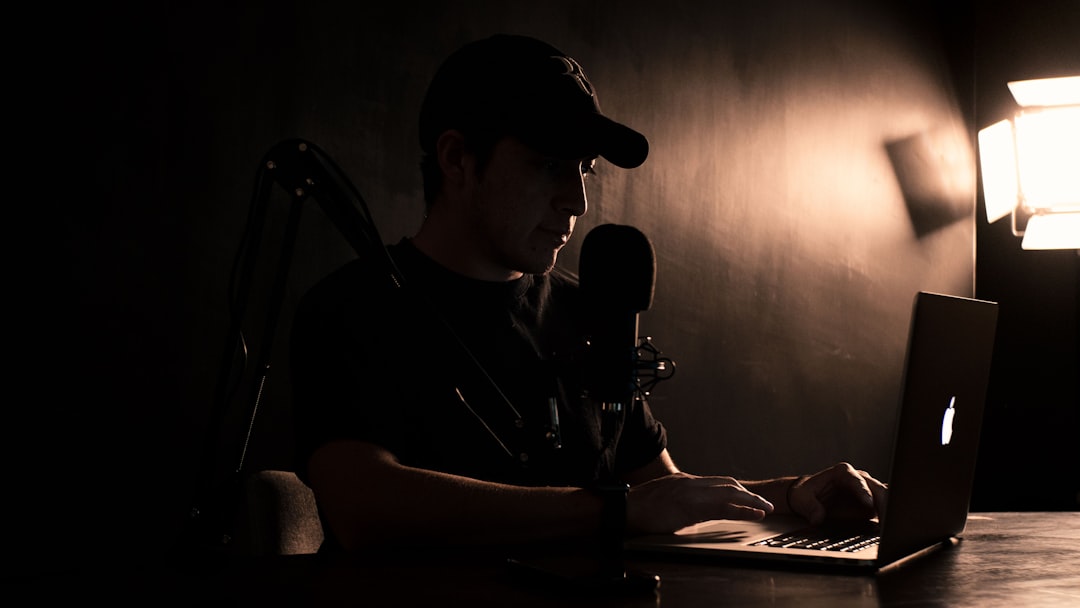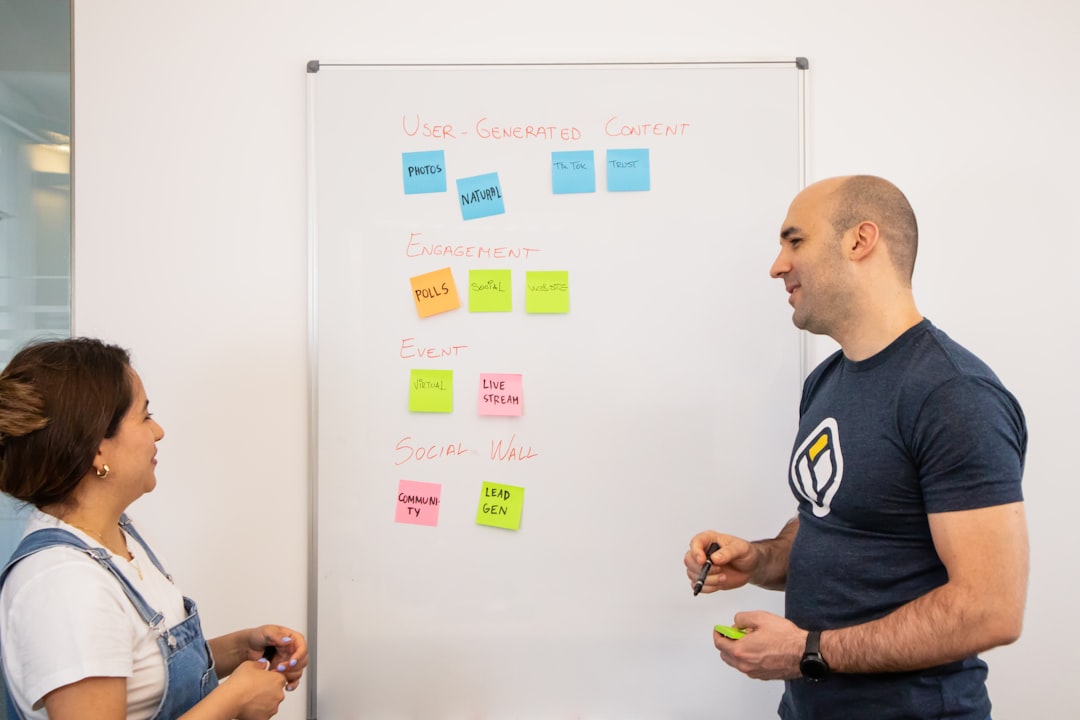In recent years, the proliferation of artificial intelligence across industries has not only revolutionized technology but also pervaded mainstream media, particularly in podcasts. With compelling discussions, shocking revelations, and humorous exchanges, many AI podcast clips have gone viral, captivating global audiences. These viral moments offer insights into popular perceptions of AI and how conversations around algorithms, ethics, and sentient machines are reshaping public discourse. Below are several standout examples of AI podcast clips that resonated across the internet—analyzing why they spread so quickly and what they reveal about our collective fascination with artificial intelligence.
The Joe Rogan AI Voice Controversy
One of the most talked-about AI podcast-related clips in recent times featured an entirely synthetic Joe Rogan interview, generated using deepfake voice technology. The clip was created by using AI to clone Rogan’s voice and simulate a conversation with Steve Jobs—who had been deceased for over a decade. The dialogue was not only eerily lifelike but also explored philosophical themes in a style reminiscent of both figures.
This speculative yet believable audio clip quickly went viral due to a combination of factors:
- Curiosity: People were genuinely intrigued by the possibility of hearing Steve Jobs “speak” again.
- Shock value: The idea of resurrecting deceased icons sparked ethical and cultural debates.
- Entertainment value: The surreal nature of the exchange was both fascinating and creepy.
The clip became a flashpoint in public discussions about the ethics of voice cloning and the future of media authenticity. It also contributed to an ongoing conversation about the impact of AI on journalism, trust, and digital content creation.

Lex Fridman’s Chat with Sam Altman on AI Fear
AI researcher and podcast host Lex Fridman has built a reputation for in-depth, cerebral discussions with some of the brightest minds in tech. However, one clip from his conversation with Sam Altman, CEO of OpenAI, became unexpectedly viral when Altman confidently stated:
“People should be more afraid of humans using AI irresponsibly than of AI itself.”
The provocative nature of this quote, combined with Altman’s authority in the field, propelled the clip across platforms like Twitter, Reddit, and YouTube. Memes followed. TikTok creators began excerpting the quote in short documentaries and AI-themed videos.
This clip resonated because:
- It simplified a complex issue: The danger of AI misuse became relatable and easy to understand.
- It shifted the blame: Highlighting human responsibility rather than blaming the machines reframed the debate.
- It came from a credible source: As the head of OpenAI, Altman’s perspective holds weight.
The viral nature of this soundbite showcased how important it is for AI leaders to carefully craft their public messaging. It further demonstrated that emotionally resonant, thought-provoking one-liners are highly shareable in the podcast space.
The AI That Wrote a Stand-Up Comedy Routine
On the “Hard Fork” podcast, hosted by Kevin Roose and Casey Newton, a particularly humorous clip exploded online when they challenged OpenAI’s GPT model to write and perform a stand-up comedy set. The hosts used a text-to-speech engine to vocalize the script, resulting in what many listeners called “the most awkwardly hilarious two minutes on the internet.”
In their AI-generated bit, the model not only mimicked jokes in the style of Jerry Seinfeld but also hilariously misunderstood punchlines, resulting in some unintentionally surreal humor. For example, it quipped:
“What’s the deal with refrigerators? Why are they always so…cold? I mean, come on!”
The clip became a viral sensation for several reasons:
- Laughter factor: The jokes were bizarrely funny, albeit not by conventional standards.
- Shareability: Comedy clips are naturally suited to going viral, especially on platforms like TikTok and Instagram Reels.
- Novelty: Few people had ever seen AI attempt humor in such a raw, public-facing format.
Ultimately, this clip helped humanize AI for many viewers—casting GPT not as a cold, calculating machine, but as a quirky, beta-stage comedian just trying to find its voice.

The Moment AI Predicted a Stock Market Trend Correctly
In another memorable viral moment, a segment from the “AI in Business” podcast showcased a predictive model that had forecast a short-term market dip weeks before it occurred. The hosts played back their earlier conversation and compared it to real-world financial data—prompting stunned reactions from both themselves and their audience.
This was significant because:
- Timing: The prediction’s accuracy was validated just as public interest in AI trading tools was skyrocketing.
- Trust in AI: The clip served as an elevator pitch for AI’s potential in economics and finance.
- Speculative excitement: People began to wonder if AI would change the very nature of stock investing.
Shared primarily on LinkedIn and finance-related Reddit communities, this moment had a different flavor of virality—less about entertainment and more about awe and utility. It attracted investors, data analysts, and entrepreneurs eager to explore the potential for AI-augmented decision-making.
Why Do AI Podcast Clips Go Viral?
While the above examples showcase different flavors of virality—from comedy to controversy—the underlying reasons these clips catch fire remain consistent. Here are some of the common denominators:
- Emotional resonance: Whether it’s laughter, fear, astonishment, or inspiration, emotionally charged content travels faster.
- Clarity and quotability: Viral clips often contain one clear, compelling idea or quote that simplifies complex issues.
- Novelty: The first AI comedy set or “resurrected” celebrity voice offers something new and irresistible.
- Shareability on social platforms: Clips under 2-3 minutes are more likely to be shared and engaged with.
In short, virality in the AI podcast world stems from a mixture of tech innovation and human storytelling. As AI becomes more embedded in our lives, expect more moments that shock, entertain, and inspire around every corner.

Frequently Asked Questions
- Q: Can AI actually participate in podcasts?
A: Yes, AI can now be used to generate entire podcast episodes using synthetic voices, text-to-speech engines, and natural language generation. Some podcast creators are using AI tools to simulate guests or even narrate episodes autonomously. - Q: Are AI-generated podcast clips ethical?
A: This is a subject of debate. Using AI to simulate real people—especially without their consent—raises serious ethical and sometimes legal concerns. Transparency is key when using AI-generated content. - Q: How can a podcast creator make a clip go viral?
A: Focus on emotionally engaging content, use intriguing and unexpected ideas, maintain brevity, and optimize for platforms like TikTok and YouTube Shorts. Sound bites that surprise or amuse often gain more traction. - Q: What tools are used to make AI podcast clips?
A: Tools like Descript (for audio editing), ElevenLabs (for voice synthesis), ChatGPT (for scripting), and MidJourney (for visuals) are commonly used in AI podcast production. - Q: Will AI replace human podcast hosts?
A: AI may supplement human hosts or create entirely synthetic content, but human authenticity, empathy, and creativity remain irreplaceable qualities—for now.